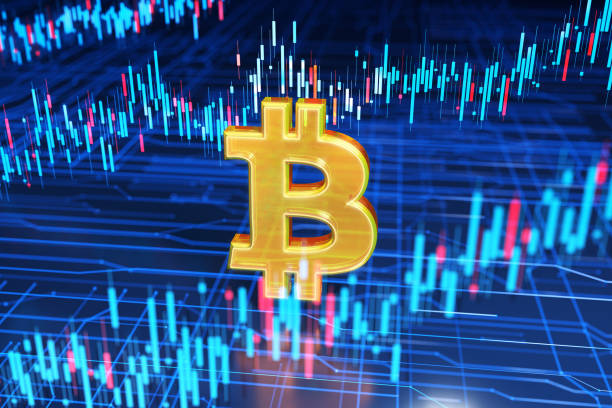As the United States continues to struggle with a shortage of N95 masks needed to combat the deadly coronavirus, the Food and Drug Administration announced on April 3 that it has approved the use of KN95 masks in the country.
Unlike N95 masks that are tested and certified by the National Institute for Occupational Safety and Health, a Centers for Disease Control and Prevention research agency, KN95 masks are regulated by the Chinese government. Although there are minor differences between N95 and KN95 masks, a growing concern around the authenticity of KN95 masks has come to fruition.
An FDA spokesperson stated in a recent CNN article that KN95 masks were not listed in its initial FDA emergency use authorization because of “challenges in determining the authenticity” of the imports coming from China, a region accounting for 80% of the world’s counterfeits.
David Menard, the CEO and founder of Real Items Company — a technology firm that aims to reduce counterfeits using blockchain — said that following the announcement that KN95 masks would be used in the U.S., he reached out to KN95 mask manufacturers in China to explain how blockchain can be applied to ensure product authenticity. He told Cointelegraph:
“I’m aware that there are a number of fraudulent KN95 masks being produced today. After hearing these masks would be used in America, I was staying up 24-hours a day to get a hold of a factory in China that would use Real Item’s technology to guarantee authenticity for their KN95 masks.”
Real Items is currently piloting a Shopify plugin that is designed to ensure authentic items are sold to online shoppers. That same technology, which is powered by VeChain’s public blockchain, will now be applied to track and trace KN95 masks back to their source of manufacturing.
According to Menard, Real Items has formed a partnership with Tricol Group, which is a division of Tricol Trading Company, one of the largest microfiber manufacturers in Asia. The company is responsible for producing a number of products, including medical necessities such as KN95 masks.
Menard explained that Real Items is working directly with production factories in both China and Seattle to ensure that boxes of KN95 masks are shipped with a sticker containing a two-factor authentication QR code. Menard also refers to these stickers as a “non-fungible record,” or an NFR, which is an immutable and transparent record on the VeChain blockchain and the InterPlanetary File System.
The boxes tagged with the QR codes can then be scanned by retailers and healthcare facilities upon arrival to verify that the KN95 masks indeed came from Tricol. Menard said:
“Our 2FA QR codes work as a method and system to transfer a digital asset offline. Once retailers or essential workers receive a package, they can verify the products came from a specific location by scanning the 2FA QR code with a smartphone.”
For this specific use case, Menard noted that Real Items is offering a managed service to Tricol, managing its cloud application suite that generates the non-fungible records applied to the packaging before leaving Tricol’s facilities. He also mentioned that only the boxes are tagged, rather than each individual mask, due to sanitary reasons. He added:
“We go onto our cloud application, make a template per product and then generate NFR’s based on the production. The printers within the existing supply-chain then apply the 2FA as part of the OEM label. We aren’t touching every mask for logical sanitary reasons but each bag of three will have an NFR for authenticity.”
Corey Koscielniak, the vice president of sales at Tricol Group, told Cointelegraph that the firm produces over 5 million KN95 masks per month on average and caters to a diverse customer base around the world. And although Tricol Group has a large factory in China, Koscielniak commented that products coming out of the country should always be investigated closer to ensure authenticity, saying:
“Oftentimes it is difficult to get reliable information from a supplier in China. It may be easier to keep someone safe using KN95 masks, but they are still a slightly different product from N95 masks. Currently, there is a big issue with raw materials for KN95 masks in China and it has been a challenge to secure the supply. In turn, masks are becoming more expensive and unreliable in terms of quality.”
Koscielniak further explained that it’s much easier to ensure authentic KN95 masks when a company like Real Items works directly with a factory, adding: “We can now trace everything back to the source, which will allow the customer to feel better about our products.”
Validating the case for blockchain
While blockchain might appear as the silver bullet solution for ensuring authenticity of KN95 masks, Menard explained that it has been challenging to partner with large organizations due to government regulations.
He noted that while interest in blockchain has gained traction from companies like Tricol Group, the FDA still requires a verification system to show that KN95 masks made in China are indeed authenticated. “This is currently our only barrier for entry,” Menard said. As such, Menard said that Real Items is in the process of partnering with one of the Big Four consulting firms to help validate the use of blockchain to ensure authenticity of KN95 masks and other products, stating, “we are still going through the process to make this more optimized and official.”




